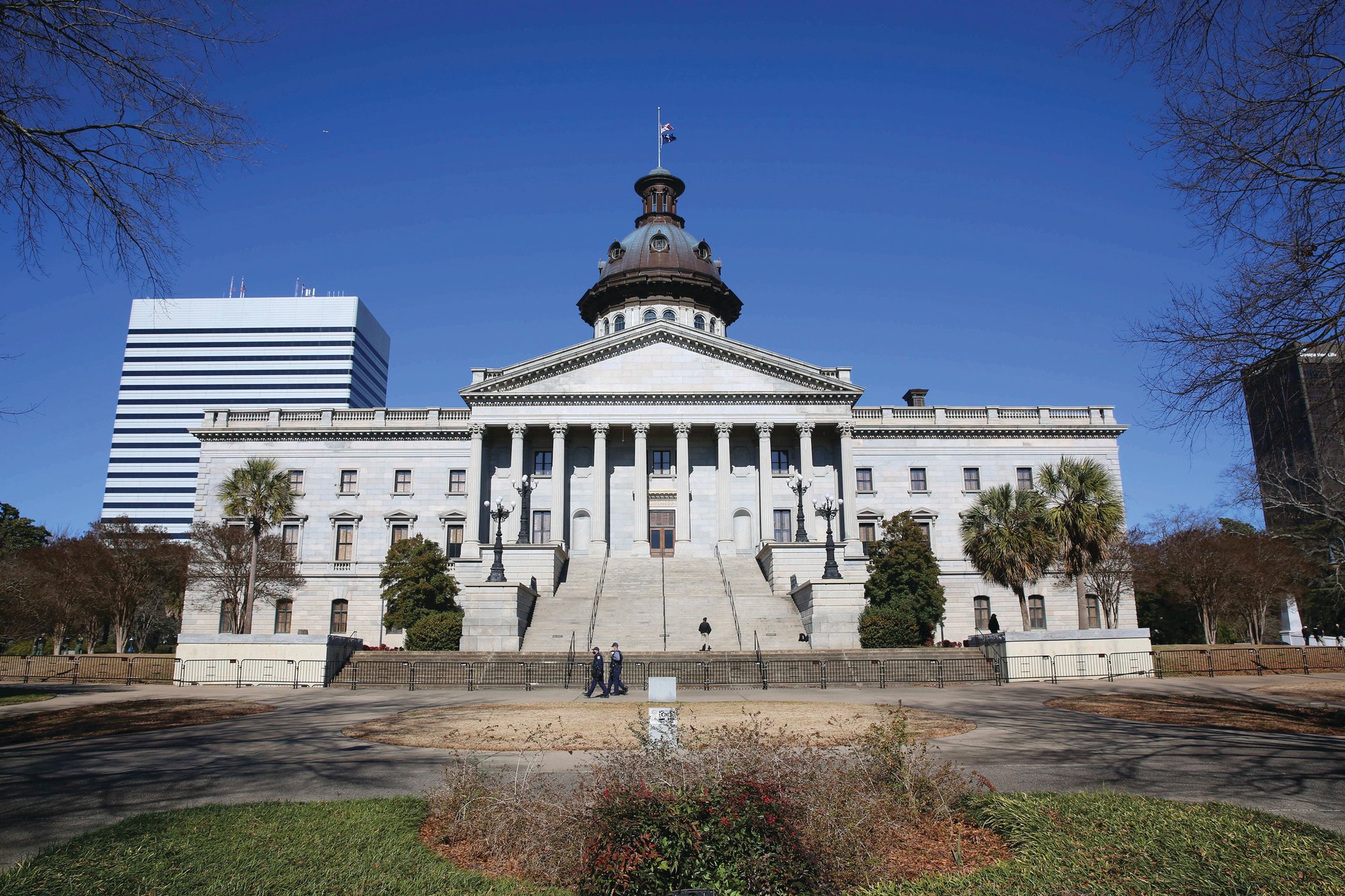S.C. House's $13.8 billion budget debate slowed by Republican battle
Associated Press
COLUMBIA - The debate in the South Carolina House about the state's $13.8 billion spending plan for the next fiscal year isn't going as smoothly as previous years.
But the conflict isn't over how much of a raise to give state employees and teachers or how much to spend on roads and bridges. Instead, this week's fight is between groups of Republicans about social issues more tangential to the budget, including university diversity inititiatives.
The heated debates are being driven by a group of anywhere from 12 to 20 of the chamber's most conservative Republicans who call themselves the Freedom Caucus.
Because it covers almost every part of state government, the budget gives the Freedom Caucus members the opportunity to suggest changes directly on the House floor instead of having to first get them past a committee, where the proposals could have died a quiet death.
By getting to bring their amendments before the full House, the Freedom Caucus can use those votes to either try to force other Republicans their direction or as fodder for a Republican primary challenge.
"During budget week, we're trying to pass legislation instead of the budget," said Rep. Neal Collins, a Republican from Easley who tweeted last week that the Freedom Caucus was more concerned with scoring political points than governing.
In response, the caucus tweeted that Collins is the House's most liberal Republican.
Last year's budget debate, also taking place when the state accounts were flush with cash, took only a day. This year's debate stretched to nearly midnight on its first day Monday and shows no sign of when it might end.
The budget itself is full of raises. Every state employee would get a pay bump. Most would get $2,500, while those earning more than $83,000 a year get a 3% raise. In total, those raises would cost the state $124 million.
The spending plan increases the starting pay for teachers by $2,500 and also increases the yearly step raises which create the base pay for teachers by $2,500. The budget also would send $261 million more in classroom aid to local school districts, which could use that money to give raises if they are already above the minimums set by the state.
Lawmakers are also offering $30 million in raises for law enforcement.
There is $200 million to fix bridges, $250 million to help local road projects, $120 million for the state to help poorer, rural school districts with new buildings and $38 million set aside to conserve land from development.
The House plan also finds more than $1 billion to help bring a plant to build electric SUVs by Volkswagen-backed Scout Motors to a site near Columbia.
All those details were worked out in committee. On the House floor this week, the discussion has been on the edges of the budget.
Almost all of Monday's debate was about diversity, equity and inclusion programs at colleges and universities, one of the GOP's latest culture-war targets. The Freedom Caucus offered amendments to punish schools that have DEI programs by stripping each institution of an amount commensurate with what the schools spend on those programs.
"We have an increasing problem in our schools of higher ed of promoting very political ideologies on students and faculty and in curriculums. As I mentioned, it is all funded by taxpayers," said Rep. Adam Morgan, a Republican from Taylors who leads the Freedom Caucus.
But the amendments wouldn't have directly removed the money from the programs. Instead, the cash would have come out of each school's general fund. Republicans against the idea said the proposals were sloppy since the money could be removed from any program at the colleges.
"I at least try to do my homework. This is a failure. This is a disappointment," Republican Rep. Micah Caskey of West Columbia said. "How many scholarships are we going to lose?'"
Tempers flared as other members of the Freedom Caucus said they were tired of Caskey talking down to them, and Speaker Murrell Smith had to take a two-minute break to cool things down.
Only one amendment passed Monday night. It was sponsored by first-year Democratic Rep. Heather Bauer of Columbia. It cut the salary of Comptroller General Richard Eckstrom to $1 after his office double-counted cash for nearly a decade, leading to a $3.5 billion accounting error that didn't affect the state bank accounts but could hurt its credit rating.
More Articles to Read

